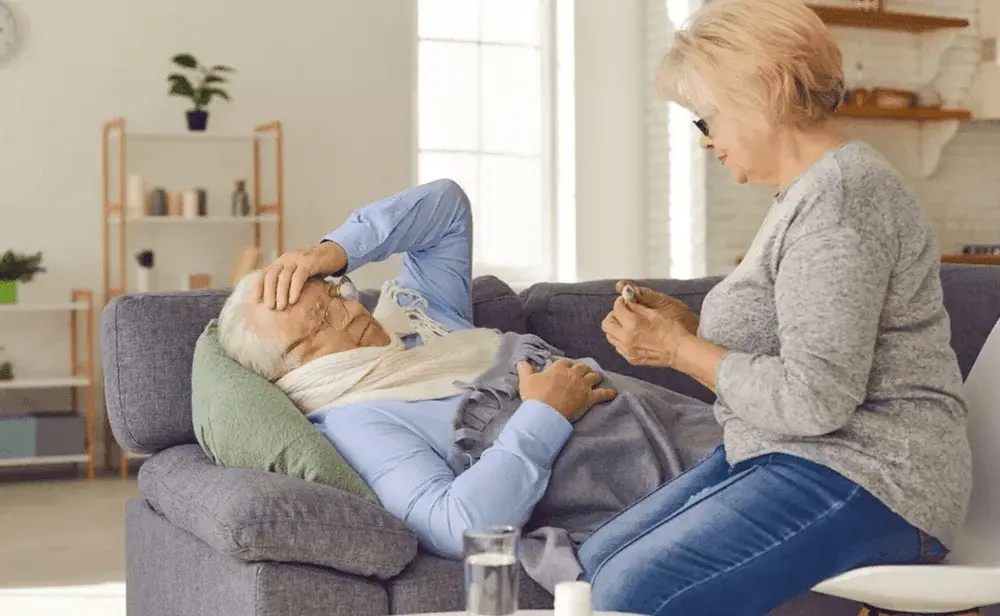
Why It’s Important To Prepare Loved Ones Who Need Care For Emergencies
- Lavine LTC Benefits
Categories: Caregiving Plan
Choosing Care – Make Emergency Preparedness an Item on Your Checklist
Families have numerous issues when caring for a loved one.
- Does the facility have an emergency plan in writing that you can review?
- Are staff and residents trained for the plan, and how often is it updated?
- How is the plan communicated to residents and families?
- Ask to see state inspection reports for emergency preparedness.
- What is their shelter-in-place plan? How do they handle power outages, temperature fluctuations, oxygen, life support systems, medication refrigeration?
- What is their evacuation plan? Where will they go? How will they get there?
Evaluate Your Own Preparedness
A facility may ask you to come and get mom and dad during an emergency. Are you nearby? Can you transport them safely? Is your home equipped for short-term living situations?
Create Your Own Disaster Plan and Supply Kit for a Loved One
It is important to have your personal plan and decide how to communicate in advance with a loved one. For example, ‘what if the Wi-Fi and cellular are out or ‘do you have a plan to transport your family or friend?’
If mom or dad cannot be evacuated, do they have the supplies they need? These include prescription medications, durable medical equipment, mobility aids, visual and hearing aids, and personal health and sanitation supplies.
Legal documents, insurance policy numbers, phone numbers, and health information such as advance directives, powers of attorney, etc., should be copied and included in any disaster kit. Does everyone know where these essential documents are located?
Develop your own Recovery plan
When the crisis is over, it will leave mental, emotional, physical, and financial memories. A loved one could suffer PTSD. Be aware and seek the appropriate help.
Consider renter’s insurance. Most senior living communities do not insure small possessions against loss because of natural disasters and similar circumstances. Purchasing insurance ensures that you are protected.
